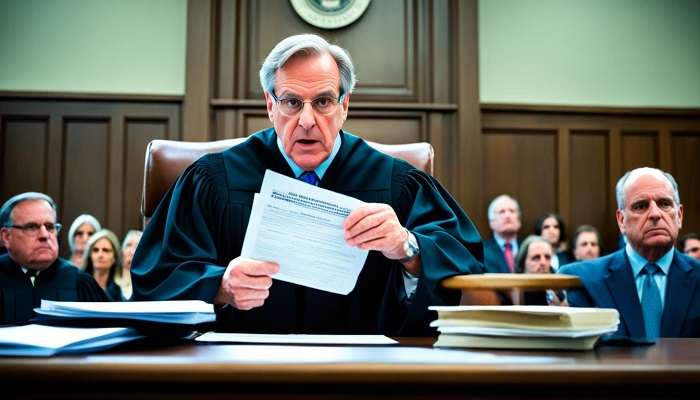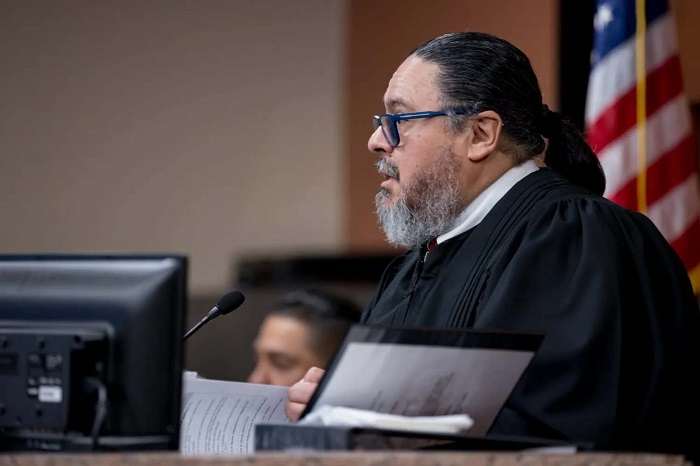Background of Annunciation House
The Mission and History
Founded in 1978 by Father Rafael García, Annunciation House is a beacon of hope for immigrants and asylum seekers in the El Paso, Texas area. The organization provides shelter, legal assistance, and support services to individuals and families navigating the complexities of immigration law. Its mission has always been rooted in compassion and service, offering a sanctuary for those in need.
Services Offered
Annunciation House operates several shelters and support programs, including:
- Emergency Shelters: Temporary housing for individuals and families.
- Legal Assistance: Guidance and support in navigating the U.S. immigration system.
- Social Services: Access to healthcare, education, and job placement services.
These services are crucial for many immigrants who arrive in the U.S. fleeing violence, persecution, or poverty. The organization’s work has earned it widespread respect and support from both local communities and national advocacy groups.
The Attorney General’s Actions
The Legal Challenge
In early 2024, Texas Attorney General Ken Paxton took legal action aimed at closing Annunciation House, citing alleged violations of state regulations. The lawsuit claimed that the organization was operating without the necessary permits and was in breach of various state codes. Paxton argued that these violations posed risks to public safety and violated state law.
Reasons for the Closure Attempt
The specific allegations against Annunciation House included:
- Building Code Violations: Claims that the facilities did not meet state safety standards.
- Licensing Issues: Accusations of operating without proper permits or licenses.
- Health and Safety Concerns: Assertions that the organization failed to adhere to health regulations.
The attorney general’s move was seen by many as an attempt to undermine a critical humanitarian service, raising questions about the true motivations behind the legal challenge.
The Judge’s Ruling
Court Proceedings
In response to the attorney general’s lawsuit, Annunciation House mounted a robust defense, arguing that the organization was in compliance with all applicable regulations and that the lawsuit was politically motivated. The defense presented evidence showing that Annunciation House had adhered to all necessary safety and health standards and had made efforts to address any concerns raised by state officials.
The Blockade Decision
On August 30, 2024, Judge Laura Vega ruled in favor of Annunciation House, issuing an injunction that temporarily blocked the closure attempt. The judge’s decision was based on several key factors:
- Lack of Evidence: The court found insufficient evidence to support the attorney general’s claims of regulatory violations.
- Public Interest: The judge acknowledged the critical role that Annunciation House plays in providing essential services to immigrants.
- Legal Precedent: The ruling referenced previous cases where courts had protected organizations involved in humanitarian work from arbitrary government actions.
The injunction allowed Annunciation House to continue its operations while the legal battle unfolds, providing much-needed stability for its clients and staff.
Implications of the Ruling
Impact on Annunciation House
The ruling is a significant relief for Annunciation House, allowing it to maintain its services without interruption. This decision also reinforces the organization’s credibility and the importance of its mission. For the staff and volunteers at Annunciation House, the ruling is a testament to their dedication and the impact of their work.
Broader Legal and Political Ramifications
The case has broader implications for the relationship between state authorities and charitable organizations:
- State Authority vs. Humanitarian Work: The ruling highlights the tension between state regulatory authority and the autonomy of organizations engaged in humanitarian efforts. It raises questions about how far state powers can extend in regulating nonprofit activities.
- Political Motivations: The case has sparked debates about the motivations behind the attorney general’s actions. Critics argue that the lawsuit was politically driven, aimed at undermining organizations that support immigrants.
- Legal Precedents: The decision may set a precedent for how courts handle similar cases involving nonprofit organizations and government regulations.
Response from Advocacy Groups
Immigration and humanitarian advocacy groups have largely praised the ruling, viewing it as a victory for immigrant rights and charitable work. Organizations such as the American Civil Liberties Union (ACLU) and the National Immigration Law Center (NILC) have expressed support for Annunciation House and called for greater protection of organizations serving vulnerable populations.
Public Reaction
Community Support
In the wake of the ruling, there has been an outpouring of support for Annunciation House from local communities and beyond. Many individuals and groups have rallied to show their support, participating in fundraising events and public demonstrations. This solidarity underscores the importance of community involvement in supporting humanitarian causes.
Media Coverage
The media has extensively covered the case, with news outlets reporting on both the legal proceedings and the broader implications of the ruling. Coverage has ranged from in-depth analysis of the legal arguments to personal stories of individuals impacted by Annunciation House’s services. The media spotlight has helped raise awareness about the organization’s work and the challenges it faces.
Future Developments
Continuing Legal Battle
While the injunction provides temporary relief, the legal battle is far from over. Annunciation House will continue to defend itself against the attorney general’s claims, and further court proceedings will determine the long-term outcome of the case. The organization is likely to face ongoing scrutiny and potential challenges as the case progresses.
Potential Policy Changes
The case may also influence future policy and regulatory decisions related to nonprofit organizations. There may be increased debate about how state regulations impact charitable work and the need for clear guidelines to ensure that humanitarian organizations can operate effectively without undue interference.
Long-Term Impact
The long-term impact of the case will depend on several factors, including the final court decision, any changes in state regulations, and the continued support for Annunciation House and similar organizations. The case may also prompt discussions about the role of nonprofits in addressing social issues and the balance between state oversight and organizational autonomy.
Related Post:
Betty White Net Worth: A Comprehensive Look at Her Life, Career, and Influence
Snoop Dogg Age 2023: A Comprehensive Look at His Life, Career, and Influence
Did Mark Wahlberg Kill Someone? A Comprehensive Look at His Life, Career, and Influence
The recent judicial intervention to block the Texas Attorney General’s efforts to close Annunciation House represents a pivotal moment in the ongoing debate over state authority, immigrant rights, and the role of charitable organizations. The ruling underscores the importance of protecting humanitarian efforts and ensuring that organizations dedicated to serving vulnerable populations can continue their critical work.
As the legal battle continues, the spotlight on Annunciation House and its mission remains bright. The outcome of this case will have significant implications for the future of nonprofit organizations, immigration advocacy, and the broader legal landscape. For now, Annunciation House can continue its vital work, supported by a community that values compassion and justice.




